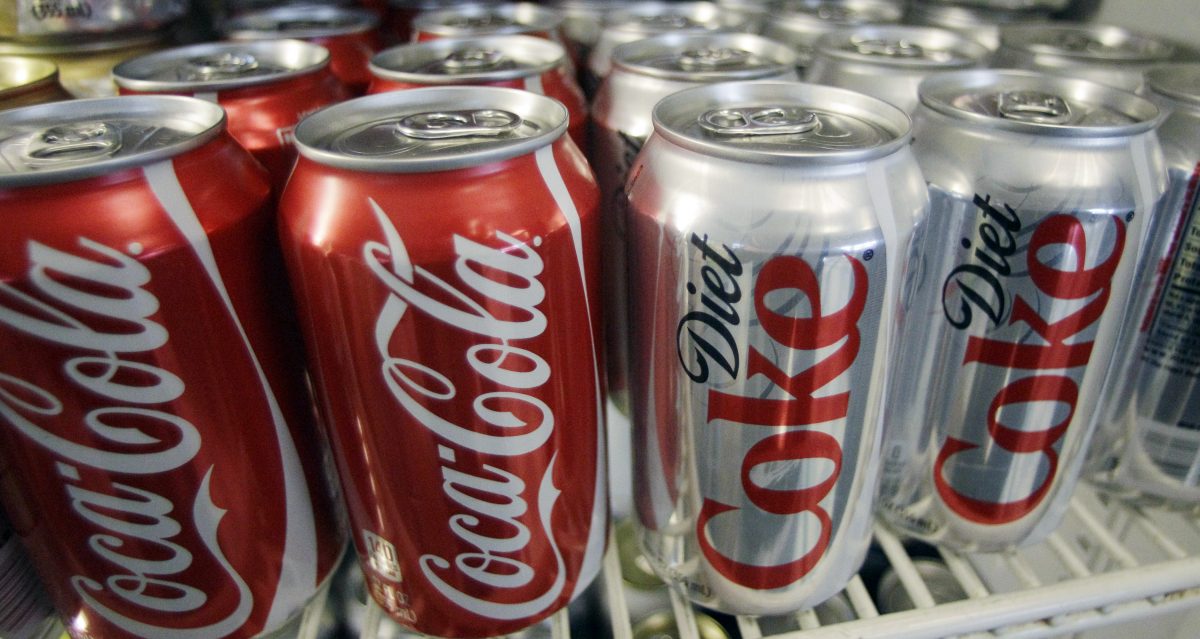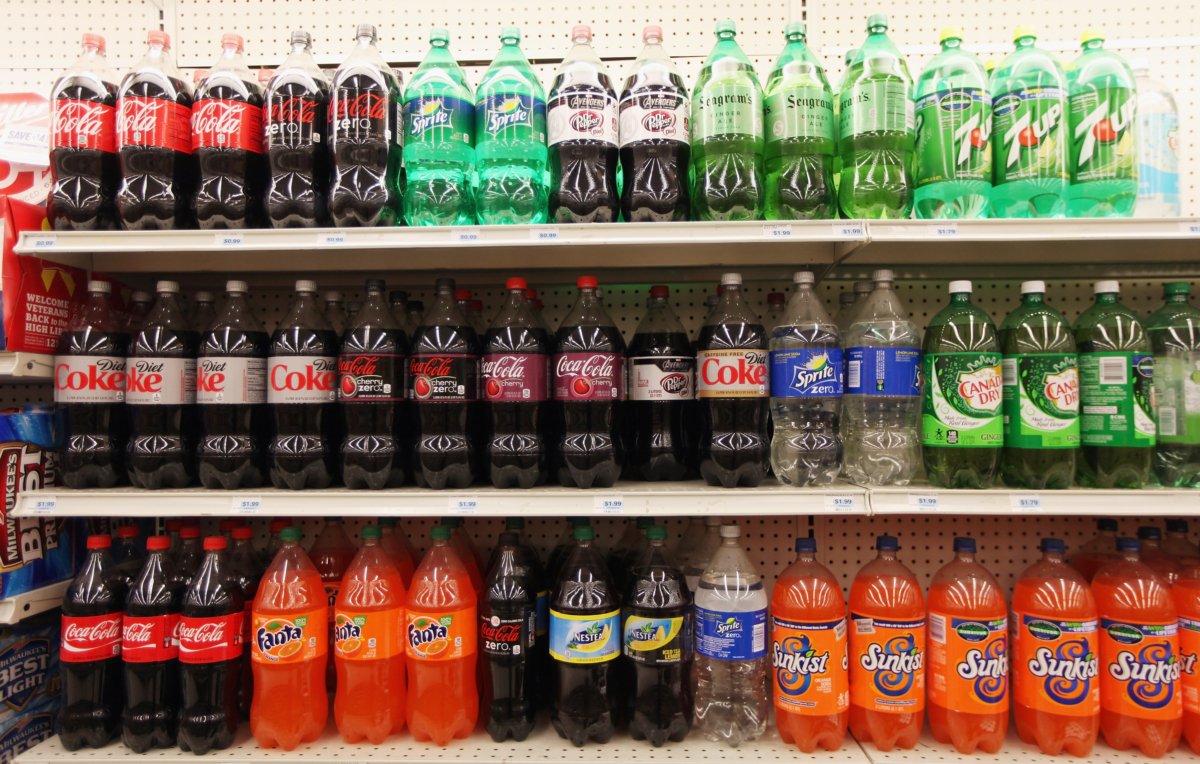WHO Assessing ‘Potential Carcinogenic Effect’ of Aspartame
The World Health Organization’s (WHO’s) cancer research agency has analyzed the potential carcinogenic effects of aspartame, one of the world’s most popular artificial sweeteners, and health officials said they will soon update its risk assessment.
The International Agency for Research on Cancer (IARC) “has assessed the potential carcinogenic effect of aspartame,” the WHO said in a statement to Fortune. “Following this, the Joint FAO/WHO Expert Committee on Food Additives (JECFA) will update its risk assessment exercise on aspartame, including the reviewing of the acceptable daily intake and dietary exposure assessment for aspartame.” FOA is an abbreviation for the Food and Agriculture Organization.
It is unclear whether the updated risk assessment will see the sweetener labeled as a possible carcinogen by the health body. The new assessment will be made public on July 14, according to multiple reports.
In a separate statement to Reuters, an IARC spokesperson said both the IARC and JECFA committees’ findings were “complementary,” with IARC’s conclusion representing “the first fundamental step to understand carcinogenicity.”
The additives committee “conducts risk assessment, which determines the probability of a specific type of harm (e.g. cancer) to occur under certain conditions and levels of exposure,” the spokesperson said.
The Epoch Times has contacted the WHO for further comment.
Aspartame is 200 times sweeter than table sugar and is commonly sold under brand names including Nutrasweet, Equal, and Sugar Twin.
It can be found in around 6,000 common foods such as sugar-free chewing gums, breakfast cereals, yogurts, and gelatin as well as popular beverages like zero-sugar or diet sodas, including Diet Coke, Sprite Zero, Pepsi Zero Sugar, and Mountain Dew Zero Sugar.
Aspartame can also be found in some pharmaceuticals such as vitamins and sugar-free cough drops. The U.S. Food and Drug Administration says that aspartame is “one of the most studied food additives in the human food supply.”
The agency has “reviewed more than 100 studies designed to identify possible toxic effects, including studies that assess effects on the reproductive and nervous systems, carcinogenicity, and metabolism,” and found it is safe for the general population when produced under “good manufacturing practices and used under the approved conditions of use.”

Studies on Aspartame
However, some studies have raised concerns over its safety.
An observational study in France conducted in 2022 among 102,865 adults found that those who consumed larger amounts of artificial sweeteners—including aspartame—were at a slightly higher risk of cancer, including breast cancer, although researchers were not able to prove a conclusive connection.
A separate study from the Ramazzini Institute in Italy in the early 2000s found that some cancers in mice and rats were linked to aspartame, although that study has been widely critiqued for its methodology.
While the results of the new assessment have not yet been released, the review of aspartame has already sparked concern among industry experts.
The International Sweeteners Association (ISA) said in a statement that it joins global food safety agencies in “trusting the scientific rigor of the comprehensive food safety review of aspartame” by health officials and looks forward to the findings.
However, the association said it has “serious concerns with preliminary speculation about the IARC opinion, which may mislead consumers about the safety of aspartame.”
“IARC is not a food safety body. The World Health Organization’s Joint FAO/WHO Expert Committee on Food Additives (JECFA) is currently conducting a comprehensive food safety review of aspartame and no conclusions can be drawn until both reports are published,” said Frances Hunt-Wood, secretary general of the ISA.
“Aspartame is one of the most thoroughly researched ingredients in history, with over 90 food safety agencies across the globe declaring it is safe, including the European Food Safety Authority, which conducted the most comprehensive safety evaluation of aspartame to date,” Hunt-Wood added.
‘Overwhelming Weight of Scientific Evidence’
Elsewhere, the International Council of Beverages Associations, a trade organization with members including national and international beverage companies, said it was also concerned that preliminary speculation could “needlessly mislead consumers into consuming more sugar rather than choosing safe no- and low-sugar options, all on the basis of low-quality studies.”
“We remain confident in the safety of aspartame given the overwhelming weight of scientific evidence and positive safety determinations by food safety authorities in more than 90 countries around the world,” the association said.
The latest assessment comes after the WHO last month advised people not to consume nonsugar sweeteners (NSS) if they are attempting to control their body weight.
The health agency said the recommendation was based on the “findings of a systematic review of the available evidence,” which it said suggests that nonsugar sweeteners—including aspartame, among others—do not provide any long-term benefit to reduce body fat in adults and children.
“Replacing free sugars with NSS does not help with weight control in the long term. People need to consider other ways to reduce free sugars intake, such as consuming food with naturally occurring sugars, like fruit, or unsweetened food and beverages,” said Francesco Branca, WHO director for nutrition and food safety, in a press release at the time.
“NSS are not essential dietary factors and have no nutritional value. People should reduce the sweetness of the diet altogether, starting early in life, to improve their health,” Branca added.
Multiple natural alternatives to refined sugar are available to consumers, including honey, coconut sugar, date syrup, and yacon root syrup, the latter of which also contains a high amount of antioxidants and potassium, which are beneficial for overall health.
Reuters contributed to this report.




